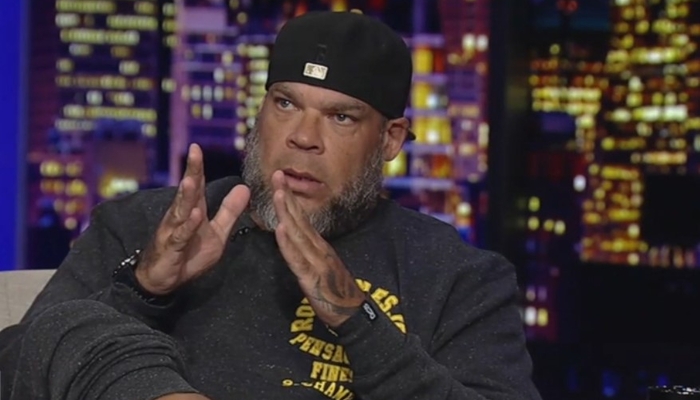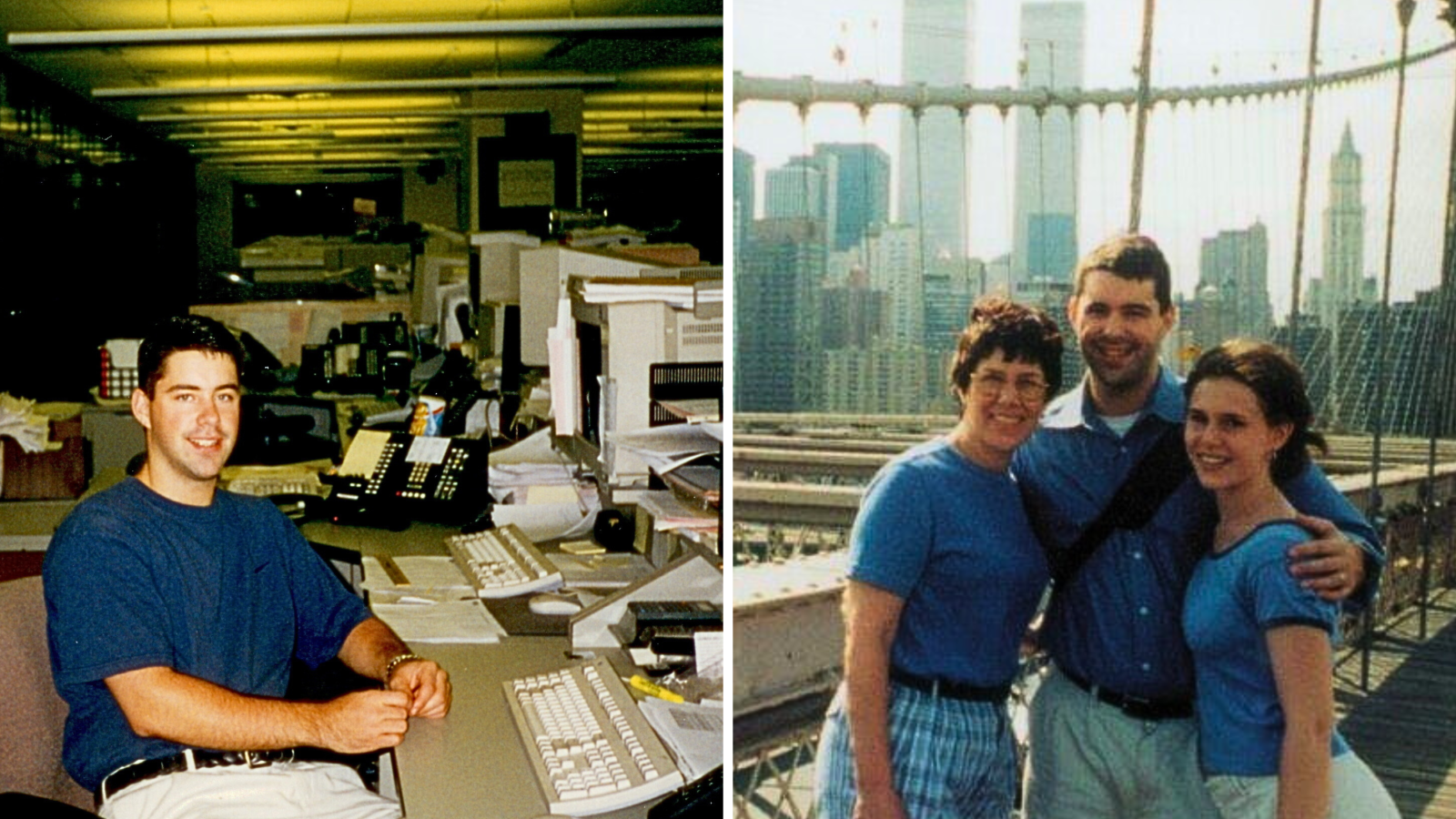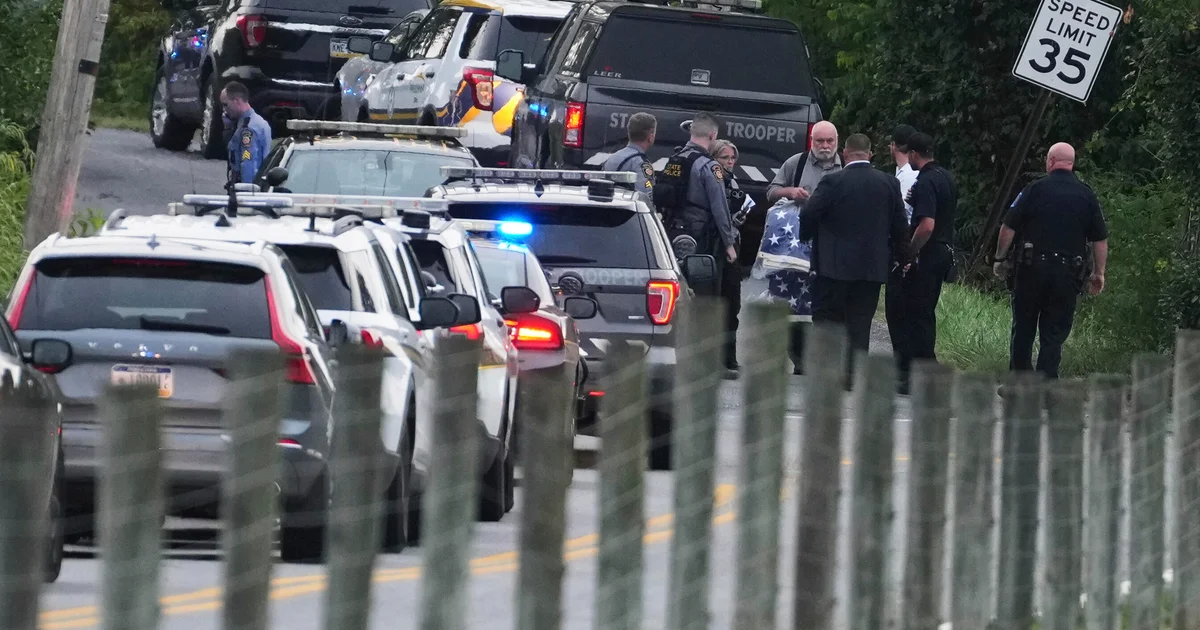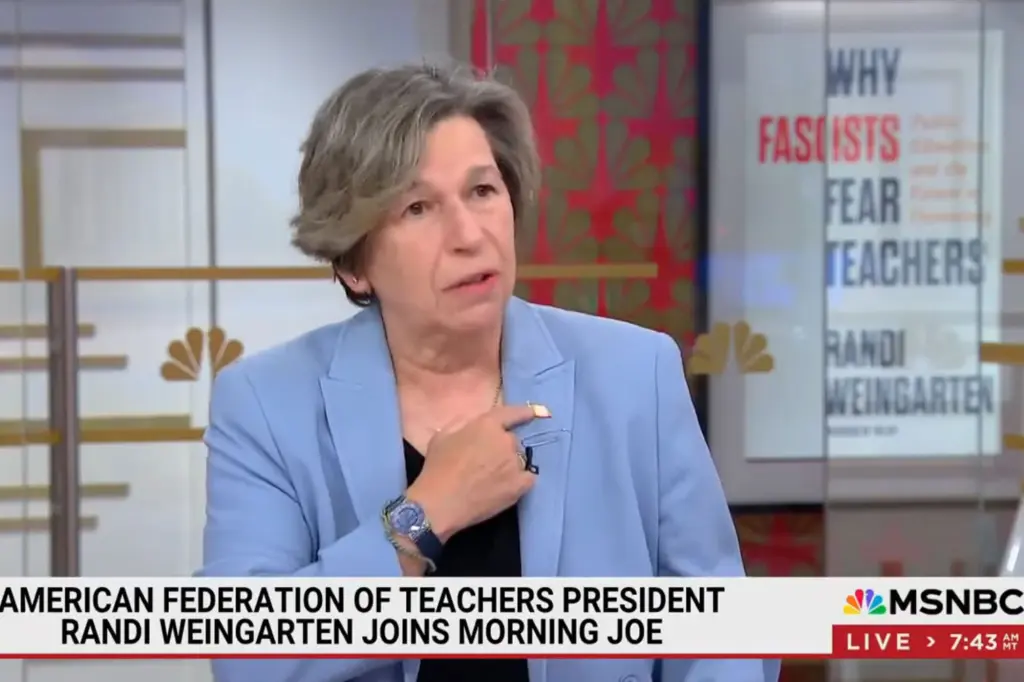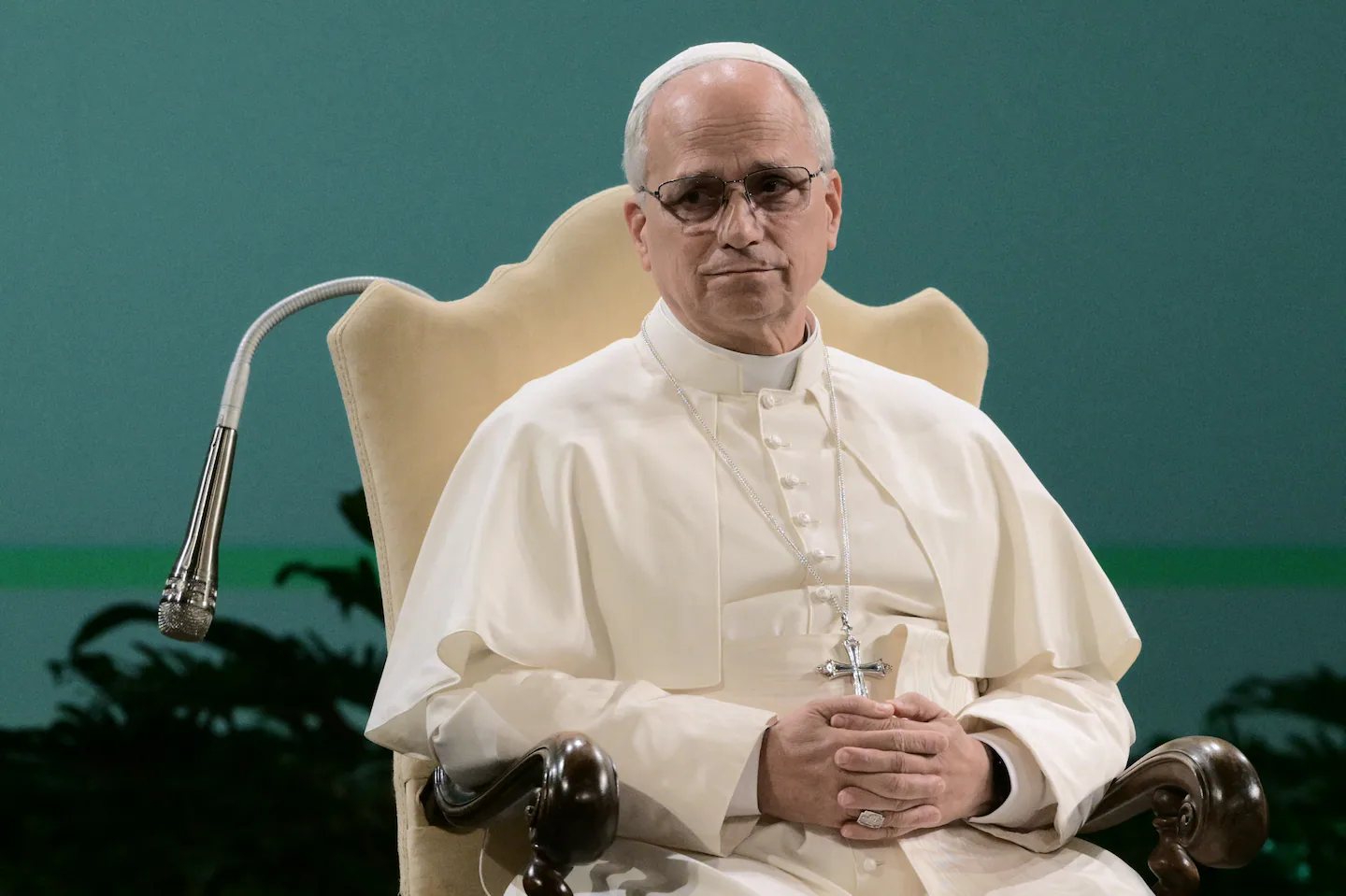
ROME – Making a rare foray into US politics, Pope Leo XIV described the blustery talk by President Trump and Defense Secretary Pete Hegseth at a meeting of military commanders on Tuesday as “concerning,” and he called out those who describe themselves as “pro-life” for opposing abortion but do not reject the “inhuman treatment” of migrants and the death penalty.
Since becoming pope, Leo has largely kept his distance from the news media. But in an unusual interaction late Tuesday outside his Castel Gandolfo residence in Italy, the pontiff fielded several questions from reporters, including one about the extraordinary, hastily convened meeting of senior military leaders in the United States that day, at which Trump and Hegseth gave highly partisan speeches. Leo shook his head in apparent distaste.
“This way of speaking is concerning, because it shows, every time, an increase of tension,” Leo said in Italian. “This wording, like going from minister of defense to minister of war. Let’s hope it’s just a figure of speech. Of course, there you have a style of governance meaning to show strength, so as to pile up pressure. Let’s hope this works and that there isn’t war. One always needs to work toward peace.”
Leo, however, also called the Trump administration’s proposed peace plan for the Gaza Strip “realistic” and said he hoped it would be “accepted.”
Advertisement
Marco Politi, a senior Rome-based Vatican watcher, said: “I think it is the sharpest criticism – until today – toward the Trumpist ideology. [But] Leo is balanced. He supported the Trump peace plan for Gaza.”
The pope was also asked by a journalist from US broadcaster EWTN News about the decision by the archbishop of Chicago, Cardinal Blase J. Cupich, to give Senator Dick Durbin, Democrat of Illinois, a lifetime achievement award for his work on immigration, given Durbin’s support for abortion rights.
Advertisement
Durbin was due to be honored Nov. 3 at a “Keep Hope Alive” event held by the archdiocese of Chicago’s immigration ministry. However, the decision sparked backlash from bishops within the church, who argued Durbin’s position on abortion could not be overlooked.
Switching to English, the pontiff said while he was “not terribly familiar with the particular case,” it was “very important to look at the overall work a senator has done during, if I am not mistaken, 40 years of service in the United States Senate.” Durbin has served more than 40 years in Congress, 28 as a senator. He is retiring from the Senate after his current term ends in January 2027.
Leo – who was born in Illinois and became a priest in 1982 before working as a missionary in Peru and rising to become bishop of Chiclayo – said it is important to look at “many issues” regarding the teaching of the church.
“Someone who says, ‘I am against abortion,’ but says, ‘I am in favor of the death penalty,’ is not really pro-life,” he said. “Someone who says that, ‘I am against abortion but I am in agreement with the inhuman treatment of immigrants who are in the United States,’ I don’t know if that’s pro-life. So they’re very complex issues.”
“I don’t know if anyone has all the truth on them, but I would ask first and foremost that there be greater respect for one another,” he continued, “and that we search together both as human beings, in that case as American citizens or citizens of the state of Illinois, as well as Catholics, to say we need to really look closely at all of these ethical issues and to find the way forward as a church.”
Advertisement
The church’s position on such issues was “very clear,” Leo added.
On Tuesday, Cupich announced Durbin had decided not to receive the award at the November event. “While I am saddened by this news, I respect his decision,” Cupich said in a statement, adding that the award was to be presented “specifically in recognition of his singular contribution to immigration reform and his unwavering support of immigrants, which is so needed in our day.”
Cupich also warned that bishops had a duty to “promote unity,” and he had seen divisions deepen within the church during his decades as a leader. “The tragedy of our current situation in the United States is that Catholics find themselves politically homeless,” he wrote, adding that many are divided along partisan lines.
Leo’s direct comments on US politics are notable, as the typically media-shy pontiff is seen as better versed in the political divisions that have riven US Catholics in recent years than his predecessor, Pope Francis. Leo is the first US-born pope, and, while he has been viewed as a church leader in the mold of Francis, who embraced migrants and the poor and sought to build an inclusive church, Leo has so far been less willing to publicly engage in battles of words with the US administration.
In a biography published last month that has offered Leo’s most extensive reflections since becoming the leader of the world’s 1.4 billion Catholics in May, Leo said he wanted to avoid partisan politics and doctrinal change. He instead positioned himself as a listener who wants to take down the temperature of political debate.
Advertisement
“I’m trying not to continue to polarize or promote polarization in the church,” he said in the book.
In the book, Leo also said that after becoming pope, he raised the issue of “human dignity” in a meeting with Vice President JD Vance. But he has also said he expects US bishops to take the lead in dealing with the Trump administration, and he has generally seemed to choose his words more delicately than his predecessor.
